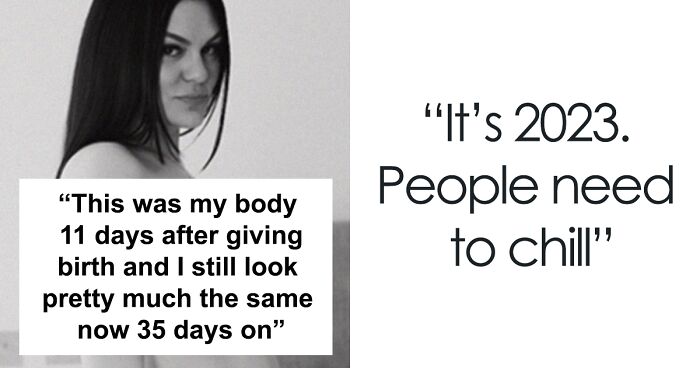
Jessie J Shows Topless Postpartum Body To Inspire Moms To Celebrate Their Natural Figures
English singer Jessica Ellen Cornish, better known as Jessie J, recently gave birth to her first child and decided to document her postpartum body. Body beauty standards tend to be particularly harsh for women, so she wanted to help other young mothers celebrate what real humans actually look like.
She posted a topless picture with a caption sharing her thoughts on her looks and celebrating the beauty of childbirth. She wanted her words to help other women who are perhaps feeling self-conscious about themselves and to spread awareness of what a human figure actually looks like after carrying a child for nine months.
More info: Instagram
The ordeal of childbirth puts a lot of pressure on a woman’s body
Image credits: jessiej
So singer Jessie J wanted to share the reality of how her figure has changed postpartum
Image credits: jessiej
Image credits: jessiej
Image credits: jessiej
Female beauty standards are unrealistic to the detriment of women around the world
Female beauty standards are and have been quite harsh. The figures, looks and weight commonly advertised as “beautiful” tend to not be representative of the vast majority of the population and could often be seen as downright unhealthy. The hourglass figure, so often seen as a feminine ideal, generally doesn’t exist naturally, leading women around the world to do downright unhealthy things in order to be perceived as attractive. The corset is probably the most common example of this, an item of clothing that often needed multiple people to help get into and one that ultimately often caused lasting, detrimental effects on the skeleton, including deformed ribs and spinal misalignment.
Corsets may not be commonplace anymore, but the ceaseless pressure to conform to a certain look still exists. Setting aside that human bodies exist on a massive spectrum, the standards placed upon women are so unrealistic that the vast majority of girls do not consider themselves attractive. The hygiene brand Dove conducted a series of studies among women and found that just 4% consider themselves beautiful, and a staggering 72% feel constantly under pressure to make themselves look more attractive. Women do tend to understand that a lot of this pressure is societal, but the result of years of unrealistic beauty standards is that more than half of surveyed women describe themselves as their own worst critic. Understandably, this can cause a lot of insecurities, and self-hatred, all culminating in self-harm and eating disorders.
Image credits: jessiej
Image credits: jessiej
Image credits: jessiej
The reality is that a body changes a lot after giving birth
Despite being a very natural process, the female body post-partum can differ a lot from conventional beauty standards and will generally look quite different from her pre-pregnancy body. Jessie J put it very accurately when she reminded readers that “your body was home to someone else for 9 months.” The body, having undergone the pressure of carrying a child and the rigors of childbirth, is in a state pretty unique. One wouldn’t expect a shipwreck survivor to look at their physical peak after weeks at sea, but the societal emphasis on feminine beauty doesn’t allow women to “take a break” from “needing” to look conventionally attractive. On top of the physical changes, the postpartum period comes with its psychological challenges. Postpartum depression, posttraumatic stress disorder, and postpartum psychosis have all been identified, though the frequency will vary.
Generally, 10 to 20% of women are diagnosed with clinical depression after giving birth and the vast majority of young mothers will feel unhappy for a number of days, a period sometimes called the “baby blues.” In rare instances, women will even develop post-traumatic stress disorder, though mercifully this is relatively uncommon. There are hormonal reasons for these abrupt shifts in mood, but part of the explanation could be the increased pressure to look a certain way that does not at all conform to what a postpartum female body should actually look like. The unhappiness with their “new” bodies can lead many women to not share the experience and changes, so it’s important that public figures are open about reality. Jessie J used her platform as a public figure to promote and educate people on the biological reality of life after childbirth, and hopefully, it can help other young mothers feel better about themselves too.
Image credits: jessiej
Image credits: jessiej
Fans shred their appreciation and support for her message
I'm actually super happy for her, she had a miscarriage back in 2021 and was very sad, so to see she managed to carry the pregnancy to the end is wholesome
I'm actually super happy for her, she had a miscarriage back in 2021 and was very sad, so to see she managed to carry the pregnancy to the end is wholesome

 Dark Mode
Dark Mode 

 No fees, cancel anytime
No fees, cancel anytime 


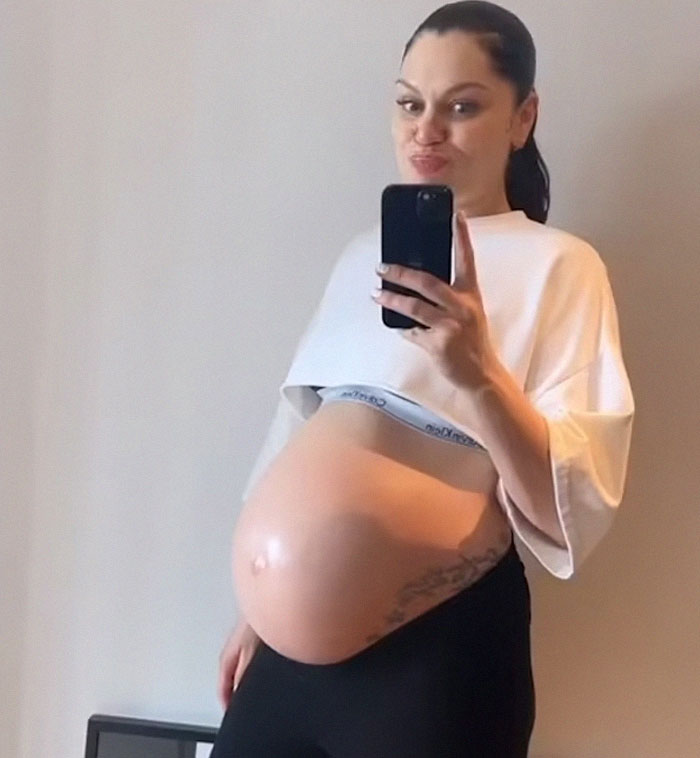
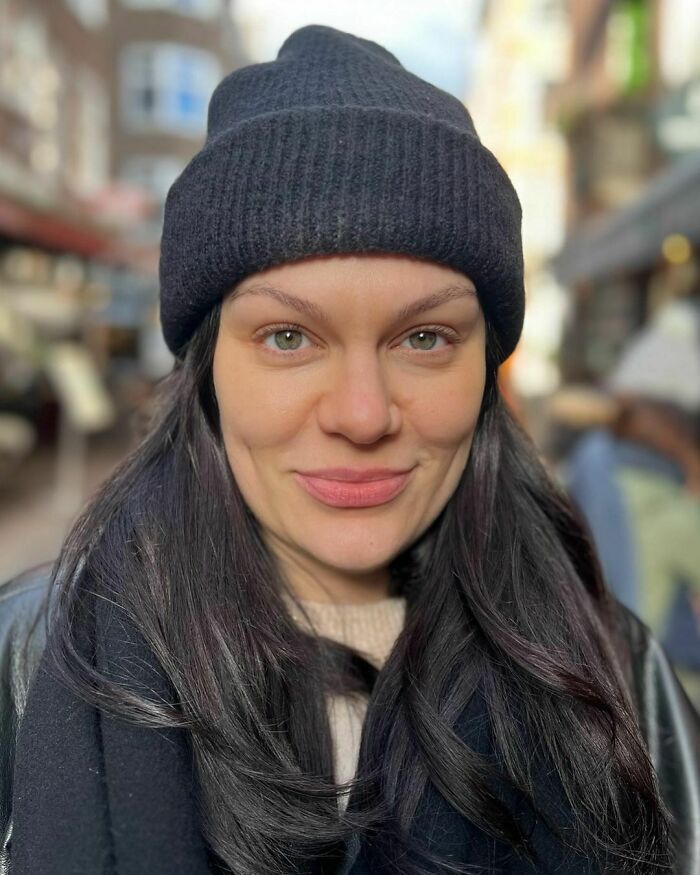
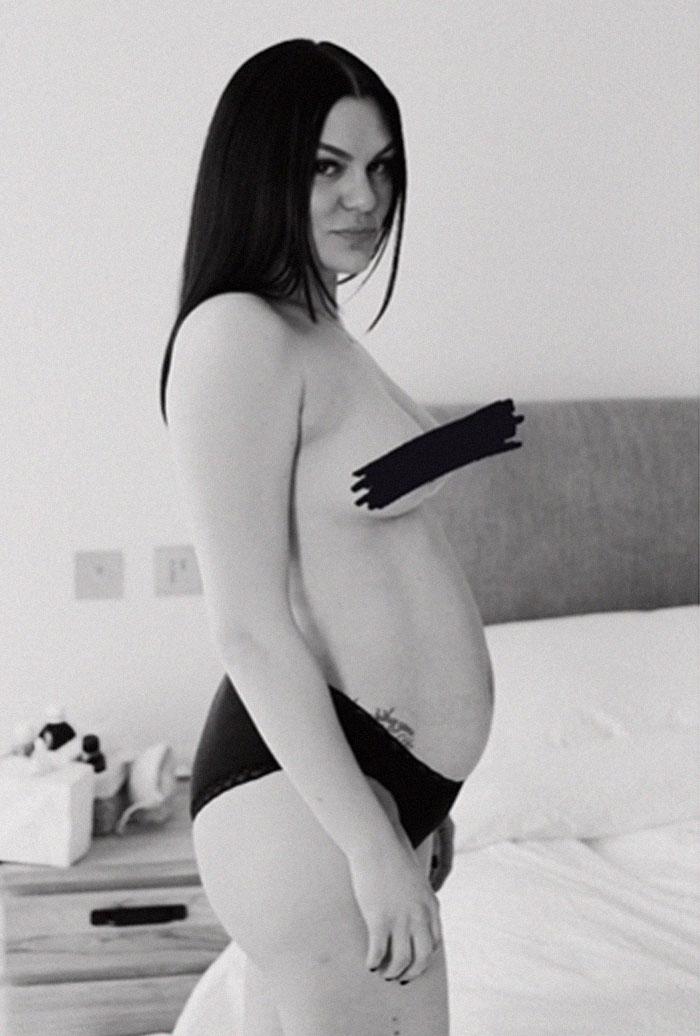
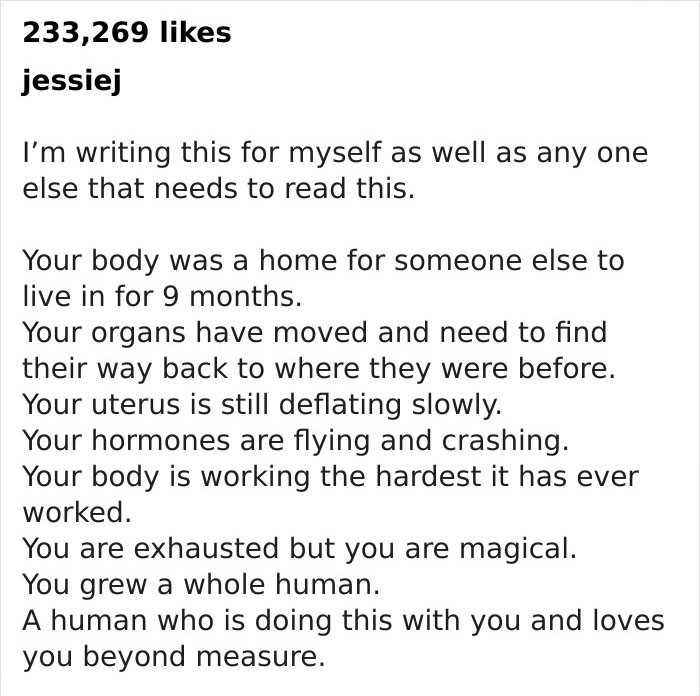
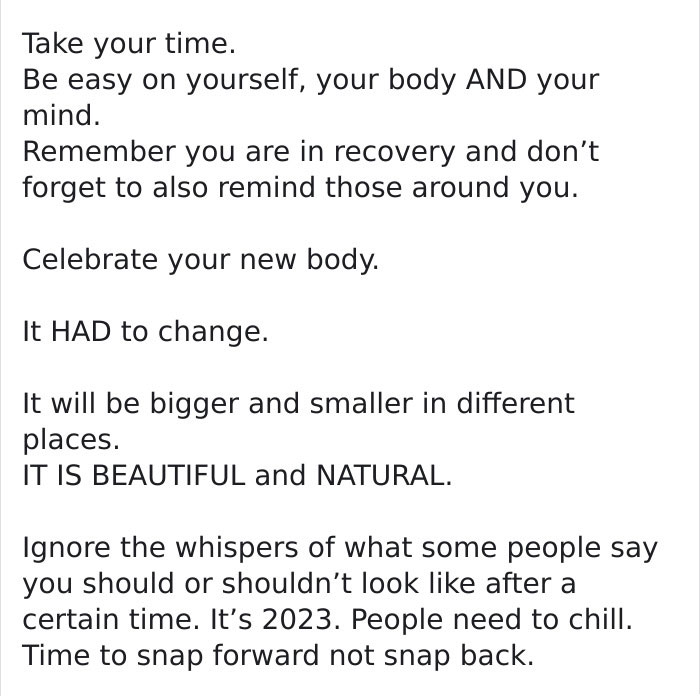
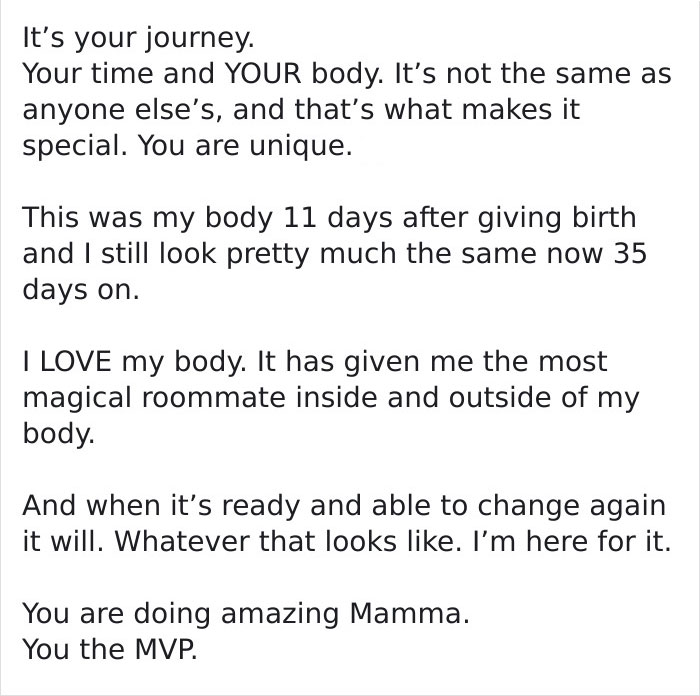
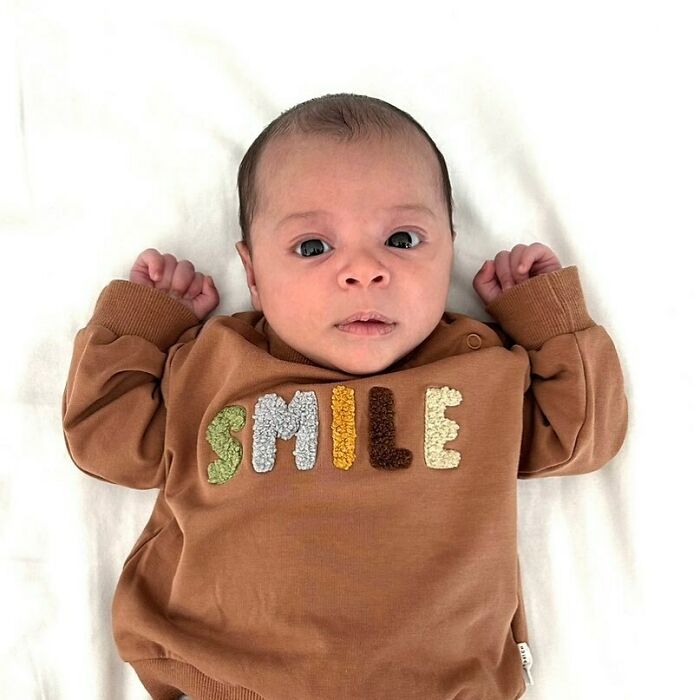

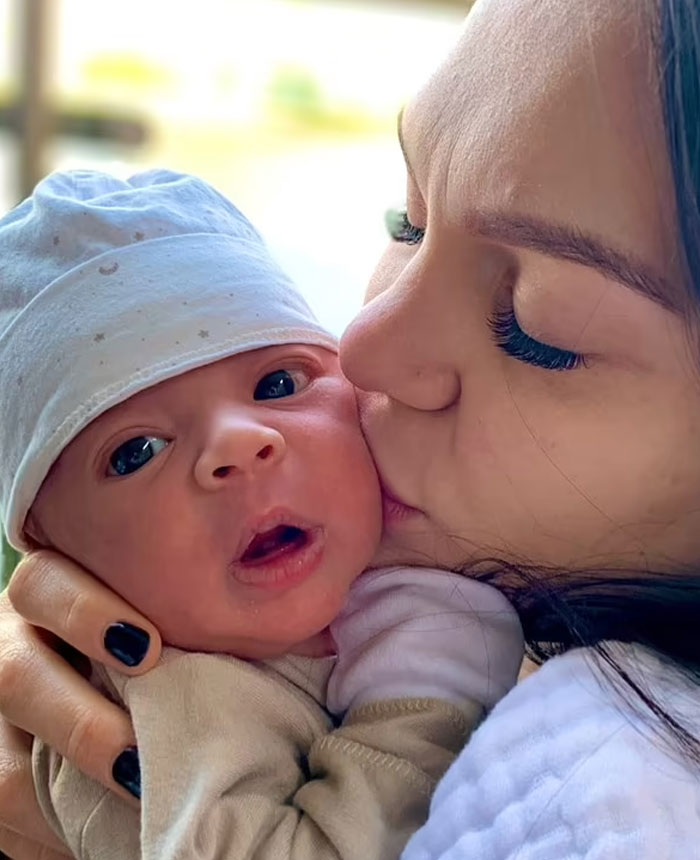
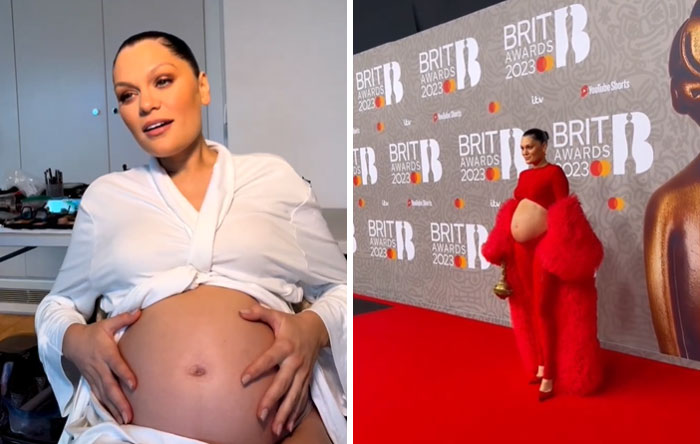
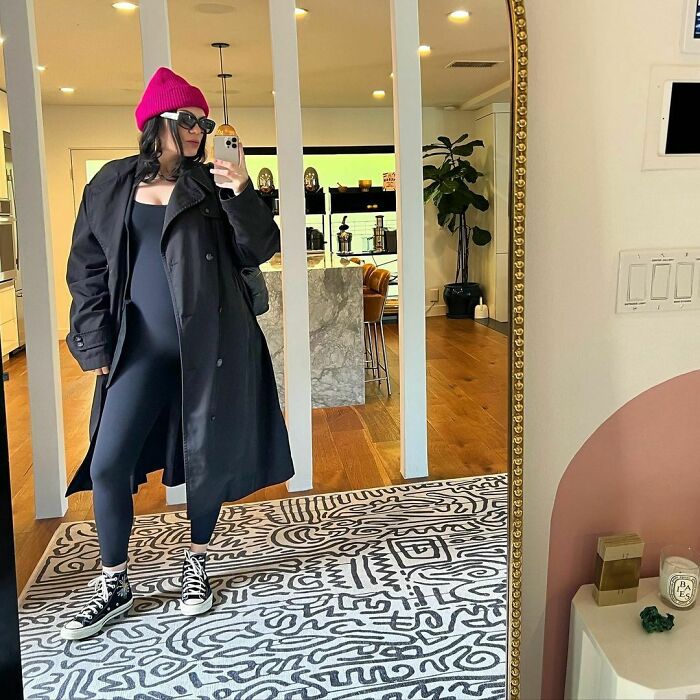

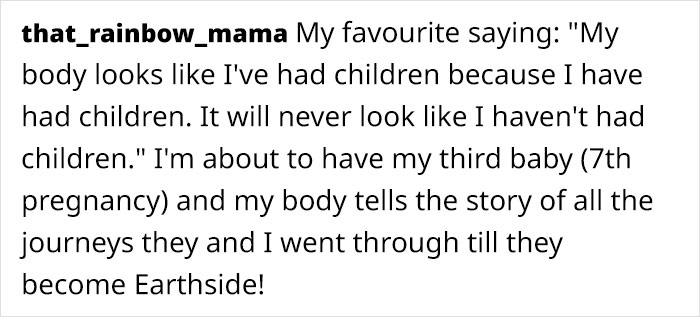


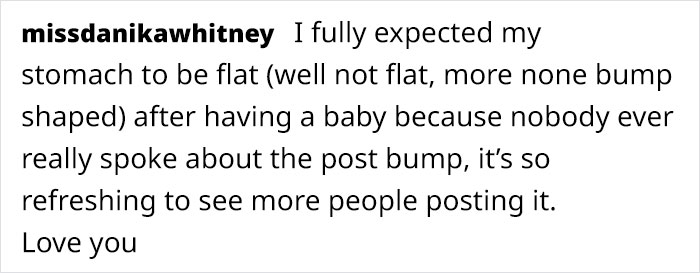

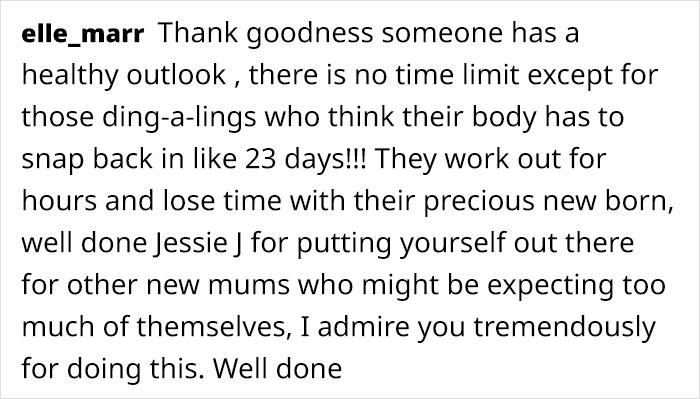


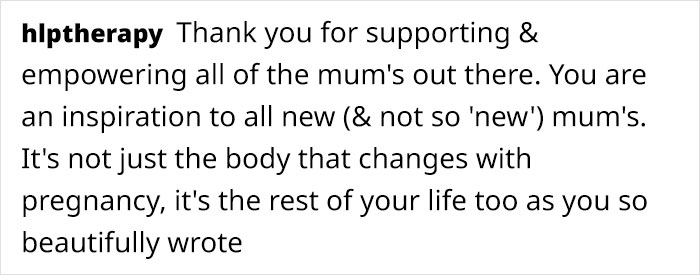































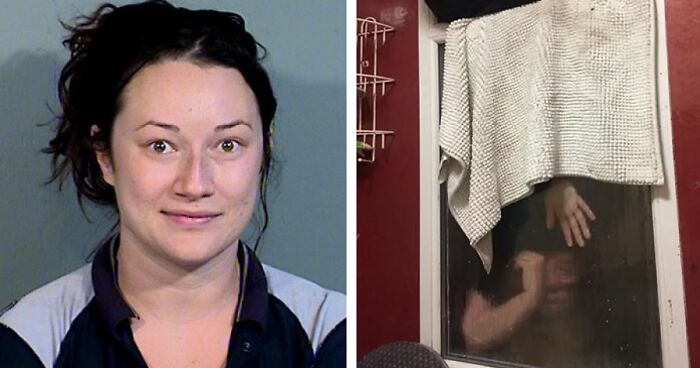
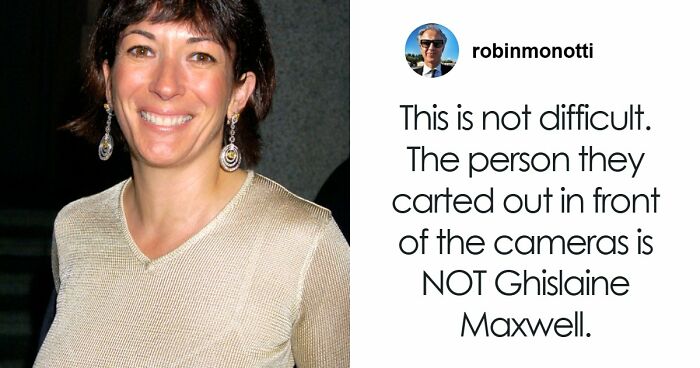

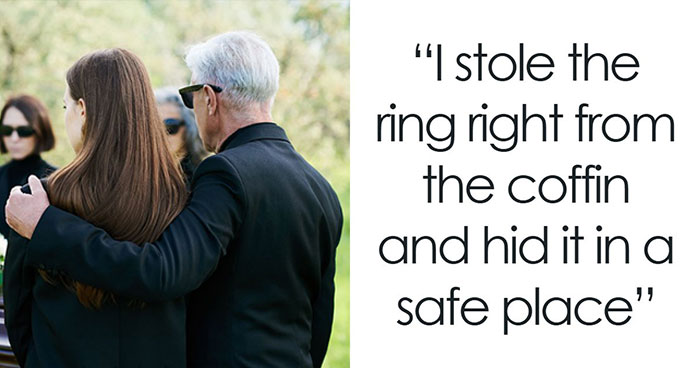











50
24